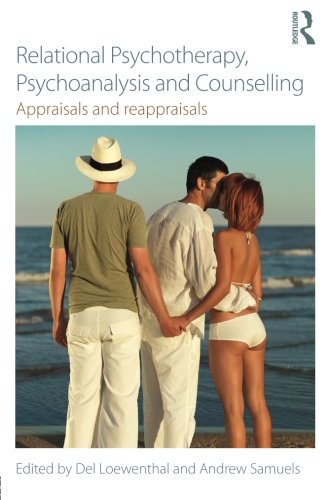

Most ebook files are in PDF format, so you can easily read them using various software such as Foxit Reader or directly on the Google Chrome browser.
Some ebook files are released by publishers in other formats such as .awz, .mobi, .epub, .fb2, etc. You may need to install specific software to read these formats on mobile/PC, such as Calibre.
Please read the tutorial at this link: https://ebookbell.com/faq
We offer FREE conversion to the popular formats you request; however, this may take some time. Therefore, right after payment, please email us, and we will try to provide the service as quickly as possible.
For some exceptional file formats or broken links (if any), please refrain from opening any disputes. Instead, email us first, and we will try to assist within a maximum of 6 hours.
EbookBell Team

5.0
38 reviewsIs therapy’s relational turn only something to celebrate? It is a major worldwide trend taking place in all the therapy traditions. But up to now appreciation of these developments has not been twinned with well-informed and constructive critique. Hence practitioners and students have not been able to engage as fully as they might with the complex questions and issues that relational working presents. Relational Psychotherapy, Psychoanalysis and Counselling: Appraisals and reappraisals seeks to redress this balance.
In this unique book, Del Loewenthal and Andrew Samuels bring together the contributions of writers from several countries and many therapy modalities, all of whom have engaged with what ‘relational’ means – whether to espouse the idea, to urge caution or to engage in sceptical reflection.
Relational Psychotherapy, Psychoanalysis and Counselling: Appraisals and reappraisals presents clinical work of the highest standard in a way that is moving and draws the reader in. The more intellectual contributions are accessible and respectful, avoiding the polarising tendencies of the profession. At a time when there has been a decline in the provision and standing of the depth therapies across the globe, this book shows that, whatever the criticisms, there is still creative energy in the field. It is hoped that practitioners and students in psychoanalysis, psychotherapy counselling and counselling psychology will welcome this book for its cutting edge content and compassionate tone.